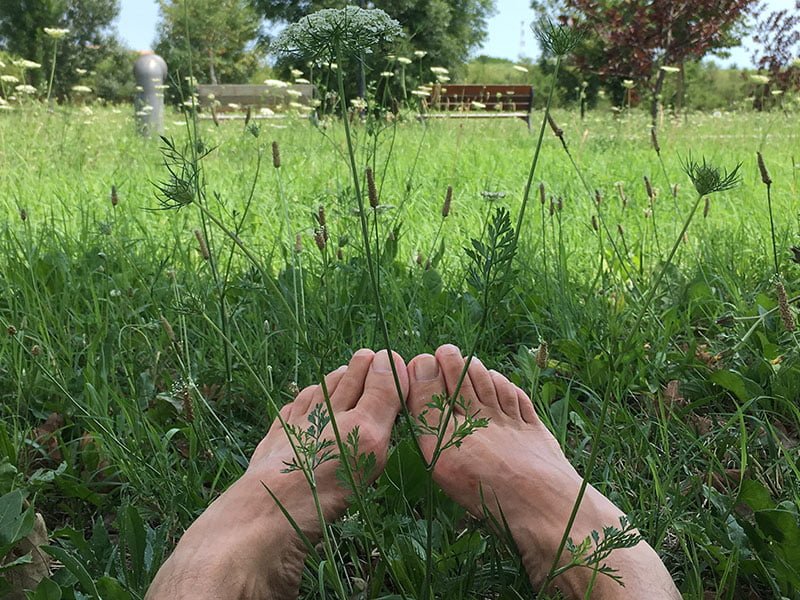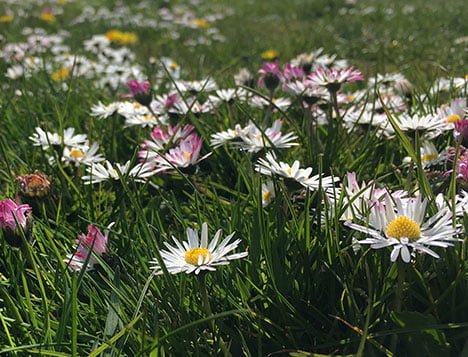Inner Relationship Focusing


Inner Relationship Focusing
What is Focusing?
Inner Relationship Focusing is a way of developing a relationship with parts of you that tend to get ignored, squashed or suppressed. An example might be where you’re feeling anxiety, and you think it’s unjustified / you believe you shouldn’t feel anxious. Focusing can enable you to make contact with that part of you and to acknowledge it, which can help the feelings settle (because that anxious part no longer feels it has to shout to get attention).
Focusing was developed in the 1960s by Eugene Gendlin when he was researching why some people were able to maintain a more lasting change from psychotherapy sessions than others. He found that those who made sustained changes had a natural ability to check within themselves for an inner sense of a situation, and to use that sense to intuitively find a way forward. Gendlin developed a process so that those people who don’t have this natural ability, could be taught to develop it. Inner Relationship Focusing (focusingresources.com) is a refinement of this process, developed later by Ann Weiser Cornell.
Inner Relationship Focusing is
- A tool for supporting self-compassion
- A self-help process
- A way of life
…all of these and much more.
It’s a practice that you can do alone, but it is particularly helpful when you have a companion, as having someone reflecting back to you what you are experiencing prompts a greater understanding or fine-tuning of your inner sense of a situation, which facilitates the process of forward movement. As someone who has been Focusing for some years, and who practices Focusing alone, I still have regular partnership sessions with other Focusers and find the experience of Focusing with someone else invaluable.

What happens in a Focusing session?
I’ll ask you to settle into your body, close your eyes if that feels OK (or look down at the floor), and talk you through a body-scan or check-in. Then I’ll lead you into the ‘inner space’ of your body to see what’s there, or to check-in with a particular issue.
You describe to me what’s there (although I don’t need to know meaning or content) and I reflect back what you say. I may make suggestions to help you communicate with what comes up. We are not attempting to analyse or interpret what comes up – though part of you may want to! When I reflect back to you what you describe, I’ll use ‘parts’ language. As an example, if you say ‘I feel anxious about X’, I might say ‘You’re noticing that something in you is feeling anxious’. This way of describing the feeling or experience usually helps you get a little bit of distance from it, and to recognise that the feeling isn’t ‘all of you’ – there’s you, and there’s the feeling.
At the end I’ll suggest you take some time to thank what came up and to come back into the room. If you want you can talk about what happened in the session and you can ask for my feedback if that feels as if it would be helpful.
Focusing with a supportive teacher helps you be alongside thoughts or feelings, rather than be overwhelmed by them. You can recognise that the feelings are part of you – they’re not all of you. With practice, you can learn to build relationships with those inner parts of you, and the intense feelings will ease as those denied voices realise that, actually, they don’t need to shout so loud to be heard.

How Focusing differs from counselling
Focusing is not therapy, although it does, of course, have therapeutic benefits. If you come to me for Focusing sessions, you’ll be learning a self-help practice, which you can also do on your own. You don’t need to give me any history, unless you want to, as we will be dealing with your present-moment experience in sessions, even though this experience will most often be influenced by past events.
I suggest that, if you want to try Focusing, we plan in 3 sessions initially. For some people, this unfamiliar way of relating to themselves can initially be uncomfortable. Committing to a few sessions means that you give yourself a better chance of moving through this discomfort, where something in you might be tempted to shy away after the initial experience. Also, we’ll take some time during the first session, for some preparation before the guided exercise, and some feedback afterwards, whereas a greater proportion of the second and third sessions can be dedicated to the experience of you being with yourself.
You can read more about what Focusing is in my blog What is Focusing?

What is Inner Relationship Focusing most useful for?
Anxiety: Focusing can help you to turn a compassionate and curious attitude to what may be underlying your anxiety, and the intensity of the feelings will lessen and become easier to tolerate.
Trauma: Because of the Focusing principle of being alongside your experience – as an observer, or witness – rather than being in it, you can get a little bit of distance from your emotions. The experience of being able to be in relationship with your traumatised parts can be profoundly healing at a whole-body level.
Inner critic: The inner critic tends to develop as a protective device (based on some kind of childhood belief that if it works you hard enough you’ll be safe), and by your responding to it with compassion, it will learn over time that it doesn’t need to push you as hard.
Pre-therapy: I believe that developing your skills of listening to all parts of you, can be helpful as a precursor to counselling sessions – whether with me or another therapist.
Focusing for therapists: Some counsellors find it difficult, sometimes, to engage with their own personal therapy, because a sense of competition or fear of being judged by their therapist can hamper their ability to be honest during sessions. I don’t need to know what a particular feeling, memory etc, is connected to, in order to support your process, which means that Focusing may be experienced as a safer space than counselling at times.

Focusing – the practical stuff
As Focusing isn’t therapy, I don’t require you to complete an assessment form, but if you think it would be helpful we can have a brief chat by phone for me to try and answer your questions and to find out what you’re hoping to get from Focusing sessions.
If we decide to proceed, we’ll agree a first appointment. We’ll then complete a brief agreement form before our first session or email, which asks for some contact information and confirms administrative and practical details of the relationship. You can of course take as much time as you need to read over the form and ask any questions.
You may find it helpful to read over the Focusing guidelines for more information about the Focusing session.
Fees
Find out about my pricing here.

Book a session
I have sessions available from next week, so please get in touch to find out more.
Newsletter
Get hints and tips to help with your self care, and be the first to know when I’ve got a new blog out. I won’t spam you – newsletters come out once a month or less, and you can unsubscribe at any time.
